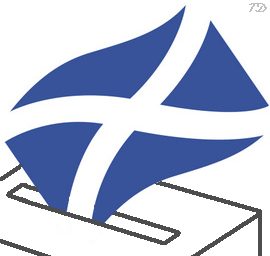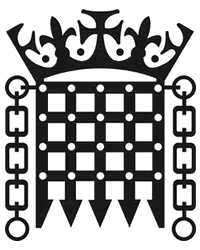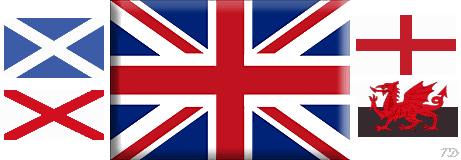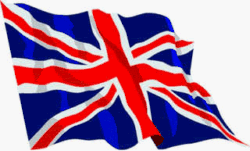 If there is a referendum on Scottish independence, should the rest of the UK get a vote? The SNP says not:
If there is a referendum on Scottish independence, should the rest of the UK get a vote? The SNP says not:
English voters will be given no say over proposals that could end the 300-year-old union with Scotland, the leader of Edinburgh's new nationalist administration said yesterday.
Speaking as he unveiled a White Paper on independence, Alex Salmond, Scotland's First Minister, said only Scots would be given a vote in a referendum on the issue.
British politicians, including Margaret Thatcher, had accepted that the question of self-determination was for the people of Scotland alone to choose, he said. (The Telegraph) My original thought was "well of course only the Scots should" but, if you think about it, both sides of the argument have some claim.
You can say 'only the Scots should vote because it's their country'. This is indeed true - it is Scotland, and they are deciding on their future. However, you can also say 'not only the Scots are affected by this decision, but the entire UK.' Which is also true - if the Scottish vote for independence [seemingly unlikely since "fewer than 30%" support it] it will effect both England and Wales as well. Since a vote for Scottish independence would thus greatly effect England and Wales as well, should not the people in those countries have a say too?
Both sides have good arguments. The situation really is a conundrum. Democracy says that "the people" should decide - but in this case, who the hell are the people? Are "the people" those of the UK, or of Scotland? If only Scots are "the people" in this case, who are "the Scots"? Those of Scottish ancestry, those born in Scotland, those who live in Scotland? Theoretically, if you decide that it is only "the Scots" who should get to vote, you could say that anyone who could have a claim to citizenship of an independent Scotland should get to vote as well.
One of the problems with democracy is defining "the people". I have done some rather crude characterisations above, and in the end it just means that the issue is actually even more clouded than before! Whilst thinking about this topic before writing, I have moved positions between just those in Scotland, to the electorate of the entire UK, and back again, and along some various complicated ideas in-between.
What is the answer? The best conclusion that I can reach is that I just don't know. The simplest, obvious, answer is to say just those in Scotland, but that raises issues about sovereignty and the constitution of "the people" in a democracy. But to say that the referendum should be UK-wide opens just asa many, if not more and possibly more serious ones.
Source: The Telegraph












































